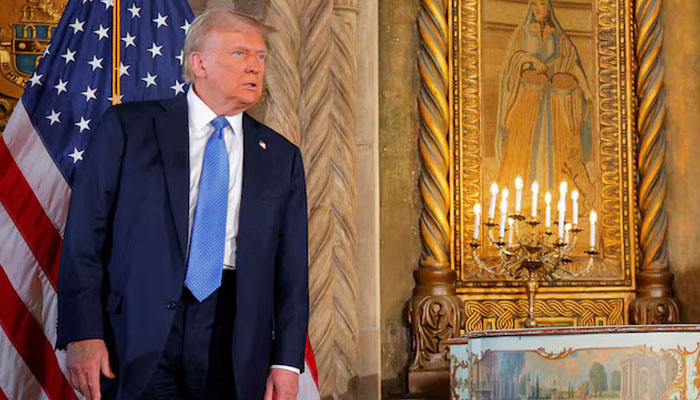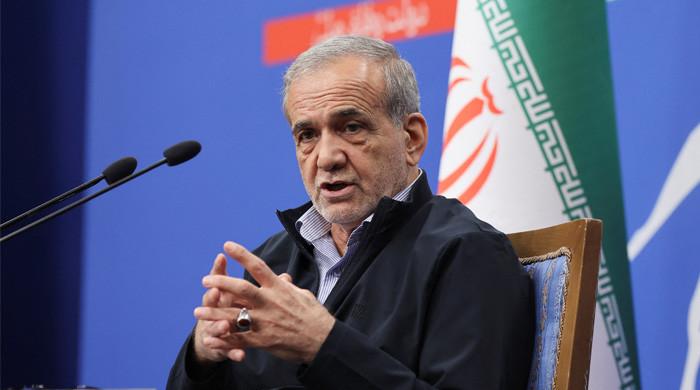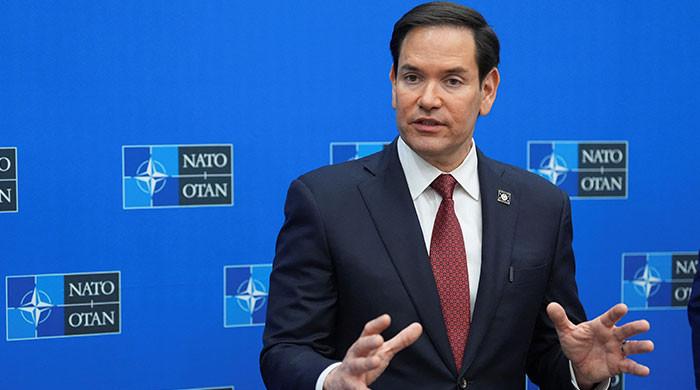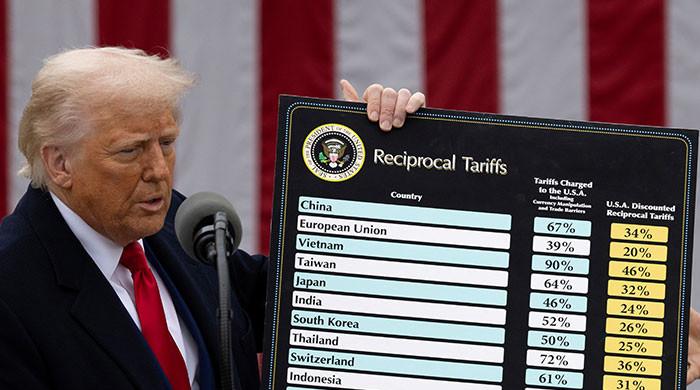Trump's authority to fire govt officials faces first major test in Supreme Court
Top court to take up Trump admin's petition to overturn a federal judge’s ruling that reinstated Hampton Dellinger to his position
February 17, 2025

US President Donald Trump’s authority to dismiss government officials is facing its first major legal challenge in the Supreme Court.
The Trump administration has petitioned the court to overturn a federal judge’s ruling that reinstated Hampton Dellinger to his position. Dellinger, who heads the Office of Special Counsel, leads an independent agency responsible for overseeing government corruption, ethics violations, and protecting federal employees.
This position is distinct from that of the Justice Department’s special counsel.
The Trump administration abruptly removed Dellinger on February 7 through a brief email, without offering any justification. However, Dellinger contested the decision in court, leading US District Judge Amy Berman Jackson to issue a temporary order reinstating him.
An appeals court subsequently rejected the Trump administration’s request, pushing the matter to the Supreme Court. The Trump administration argues that the president should have full authority to dismiss government officials and that no federal judge should possess the power to interfere with executive decisions.
Acting Solicitor General Sarah M Harris stated in the petition: “This court cannot allow lower courts to strip the president of his executive powers through temporary orders, forcing him to retain an official against his will.”
Dellinger and his lawyers contend that his dismissal violated legal principles, as he was appointed with Senate approval in 2024 for a fixed five-year term. Under US law, a president can only remove the head of an independent agency on grounds of negligence, incompetence, or severe misconduct. However, the Trump administration provided no legal justification for his removal.
The Supreme Court, with its conservative majority, has previously ruled in favour of expanding presidential executive powers. In this case, there is a strong possibility that the court may grant the president full authority to dismiss federal officials.
If Trump’s argument is upheld, future presidents will have unrestricted power to remove the heads of independent government agencies, marking a significant shift in the US administrative structure.
Some legal experts argue that if the Supreme Court overturns the landmark 1935 decision Humphrey’s Executor v United States, it could severely weaken the federal government’s structure and grant the president unparalleled executive control.
This case could be a major test of Trump’s authority. If the court rules in his favour, he may find it easier to dismiss other independent agency leaders in the future. On the other hand, a ruling against him would place significant limitations on presidential power.
The Supreme Court is expected to announce its decision in the coming days.











